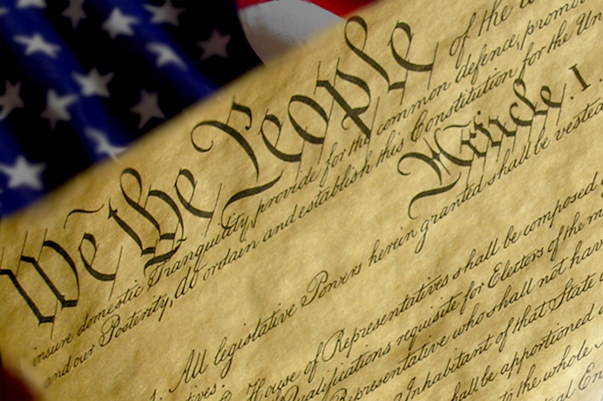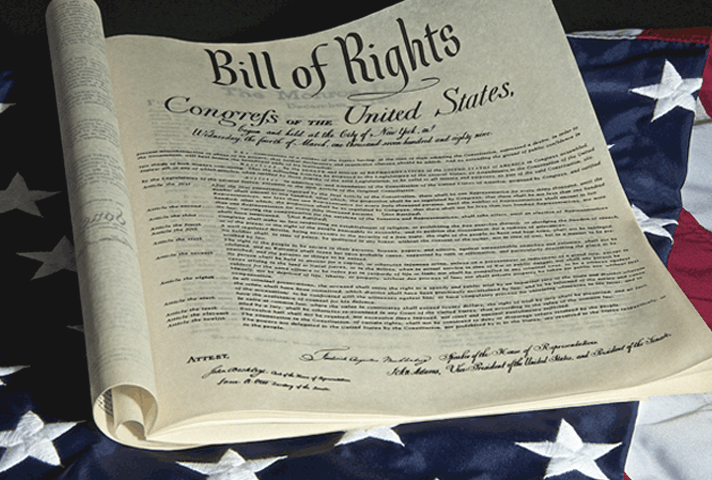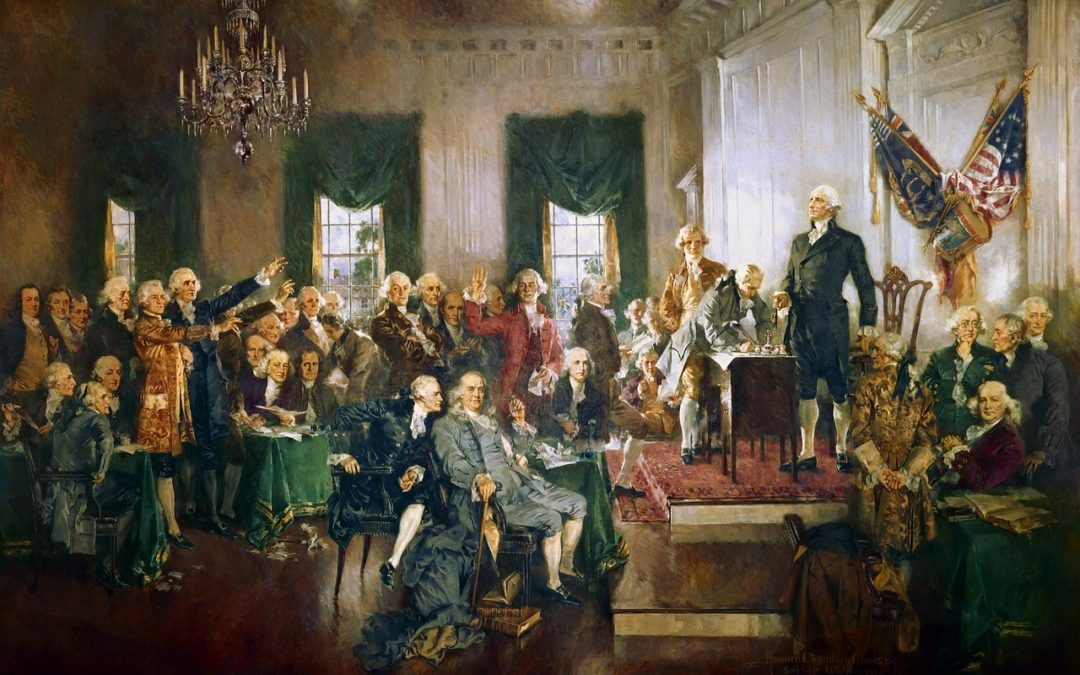Benjamin Franklin was once asked whether the United States was a democracy or a Republic. To this, he was purported to have said, “a Republic, if you can keep it…”
When the Founding Fathers established the United States of America, they designed it as a constitutional republic. They enshrined fundamental principles in the U.S. Constitution in a way that would protect certain inviolable rights for its citizens in perpetuity. In such a nation, even if a large majority of its citizens voted to restrict, for example, religious freedom, they would be unable to do so. This is in contrast to a pure democracy, in which the will of the people would override any and all things.
Why would such a feature be important for a self-governing society? And why would we need a check on the will of the people?
This makes sense when we understand the idea that there are certain inalienable rights and principles that go beyond the will of the people. What grounds this idea is found, quite simply, the fact of a Transcendent Creator. The Declaration of Independence drew on this simple truth as grounds to separate from one of the strongest empires of the time as explained in the Declaration’s preamble:
We hold these truths to be self-evident, that all men are created equal, that they are endowed by their Creator with certain unalienable Rights.
 Although this same idea is not articulated with the same terms in the U.S. Constitution, the role that the Declaration of Independence played as providing a clear rationale for the founding of the United States is undeniable. The ideals in both the Declaration and the Constitution, the Bill of Rights and Amendments all come from some understanding these natural rights come, not from government but a Transcendent Source. The founders knew that these fundamental principles and what they would mean for all humanity—overriding race, religion, and other affiliations—would take time to fully understand and incorporate. Thus establishing a process for the Amendments that would allow the people to discover their innate spiritual value and that of others over time as society developed.
Although this same idea is not articulated with the same terms in the U.S. Constitution, the role that the Declaration of Independence played as providing a clear rationale for the founding of the United States is undeniable. The ideals in both the Declaration and the Constitution, the Bill of Rights and Amendments all come from some understanding these natural rights come, not from government but a Transcendent Source. The founders knew that these fundamental principles and what they would mean for all humanity—overriding race, religion, and other affiliations—would take time to fully understand and incorporate. Thus establishing a process for the Amendments that would allow the people to discover their innate spiritual value and that of others over time as society developed.
It would seem that some in the United States have become uncomfortable with openly speaking about God, a Creator, religion and faith in the public sphere. This is a development that the Founding Fathers anticipated with trepidation. John Adams and George Washington emphasized that the lifeline of a self-governing people would be its virtue.
 We need to be able to dialogue about these most important things. This nation was founded on the authority of the “Laws of Nature,” and most importantly, “Nature’s God,” who endows us with certain fundamental rights. It is with a deep and abiding faith in this idea that provides the basic platform for the people to come together, share, engage and renew these noble ideals – across racial, religious and ideological divides – into the next generation.
We need to be able to dialogue about these most important things. This nation was founded on the authority of the “Laws of Nature,” and most importantly, “Nature’s God,” who endows us with certain fundamental rights. It is with a deep and abiding faith in this idea that provides the basic platform for the people to come together, share, engage and renew these noble ideals – across racial, religious and ideological divides – into the next generation.
This is a time for deep introspection, reflection and, correspondingly, cultural renewal. Such things require us to reach across and work hand in hand in pursuit of the highest ideals and hopes of our nation.

